The Philippines has shipped tons of waste back to Canada, after a week-long diplomatic row in which President Rodrigo Duterte threatened to “sail to Canada and dump their waste there.”
The Philippines says the waste was falsely labeled as plastic recycling when it was sent to Manila in 2014.
Canada agreed to cover the full costs of its transfer and disposal.
Some 69 containers of waste were returned on a cargo ship that set sail from Subic Bay, north of Manila.
“Baaaaaaaaa goodbye, as we say,” Philippine Foreign Secretary Teddy Locsin Jr wrote on Twitter Friday morning.
The minister, known for his boisterous tweeting style, posted photos and video of the ship leaving port.
Allow Twitter content?

The approximately 1,500 tonnes of repatriated waste will be shipped to the Canadian city of Vancouver, where they will arrive before the end of June, to be processed in a waste-to-energy facility.
“This is a demonstration that we are going to meet our international obligations in terms of dealing with waste from Canada,” Sean Fraser, parliamentary secretary to Canada’s environment minister, told the BBC.
He said Canada had moved quickly in recent weeks to resolve the issue, which had dragged on for several years after the Philippine government made it “clear that this was a very serious priority for them.”
A growing number of Southeast Asian countries are calling on Western countries to take back waste that has been sent to their shores, arguing that some of it was imported illegally.
The amount of waste exported by developed countries has been revealed after China, which had imported most of it for years, introduced a ban on “foreign waste”.
As a result, the waste – sometimes falsely declared as recyclable – was sent to other developing countries who have now started to respond.
How did the argument escalate?
Philippine authorities first raised the waste issue with Canada in 2014, saying mislabeled waste containers were shipped between 2013 and 2014.
Manila says the containers, which arrived at the Manila International Container Port, contained recyclable plastics, but actually contained tons of household waste.
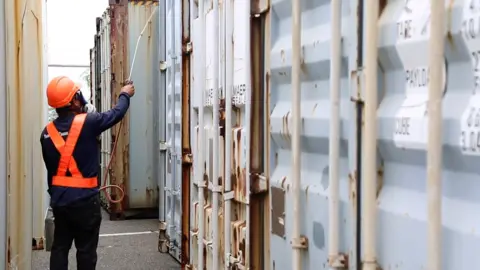
In 2016, a court in the Philippines ordered the waste to be returned to Canada at the importer’s expense.
That same year, Canada changed its own regulations regarding hazardous waste shipments to prevent a repeat of the incident.
Earlier this month, Manila recalled its ambassador to Ottawa after Canada failed to meet a May 15 deadline to collect the waste.
Canada then said it would begin preparations to recover the waste.

“Tvaholic. Beer guru. Lifelong internet nerd. Infuriatingly humble pop culture scholar. Friendly food advocate. Freelance alcohol fan. Incurable bacon ninja.”
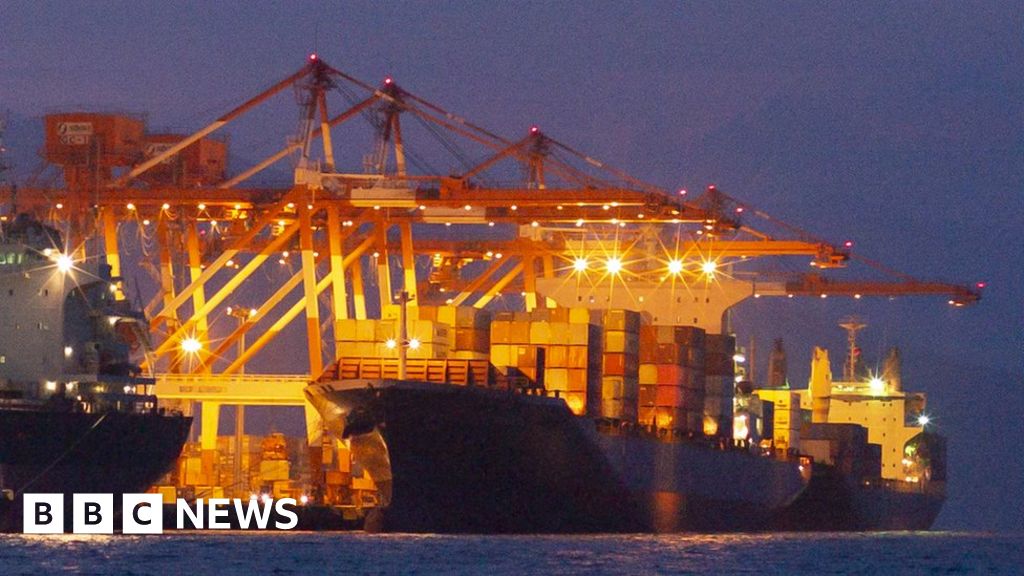

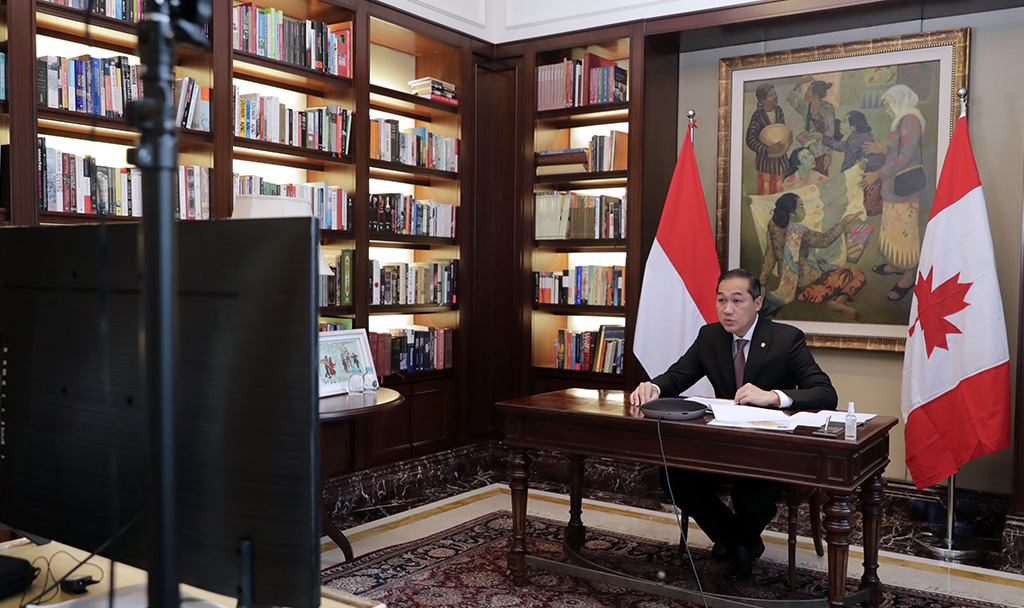
:strip_icc():format(jpeg)/kly-media-production/medias/4953136/original/060929700_1727279642-Screenshot_2024-09-25_224617.jpg)
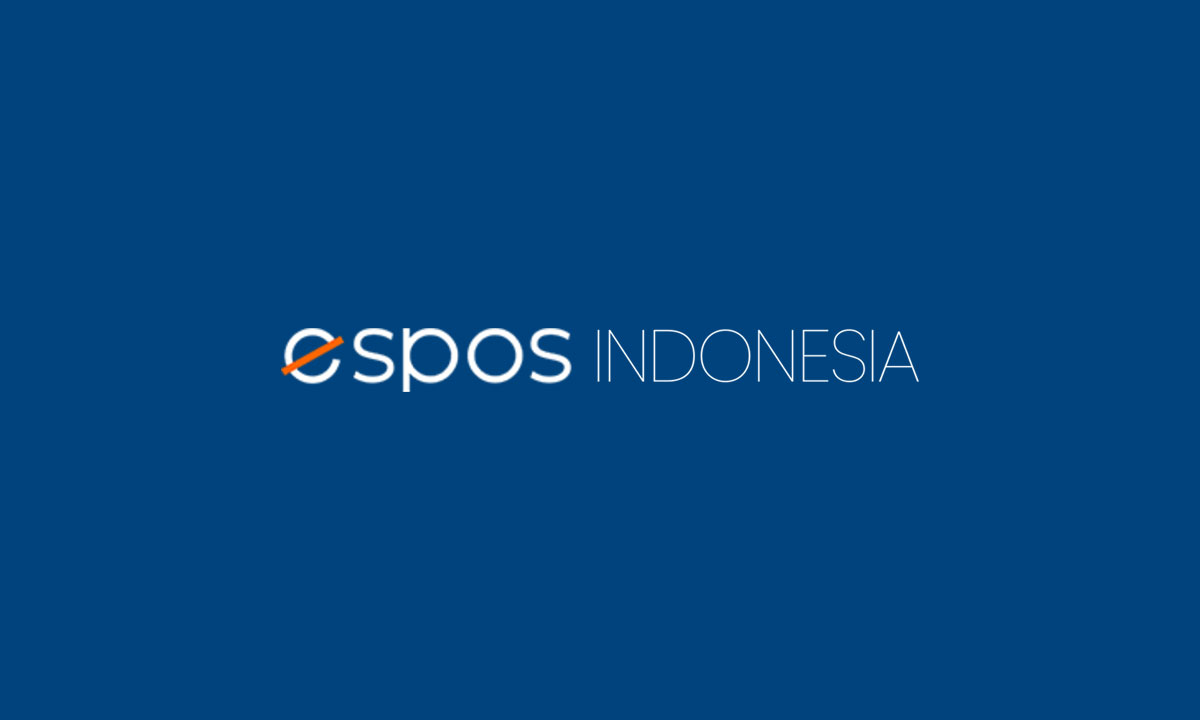
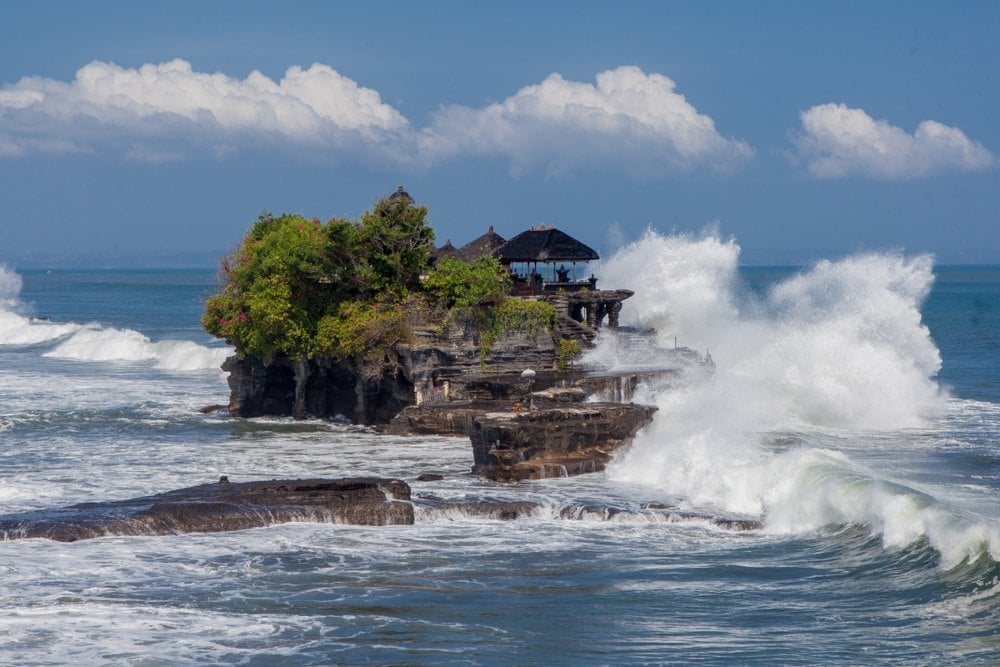

:strip_icc():format(jpeg)/kly-media-production/medias/3306276/original/047015900_1606275972-CjkinzN007013_20201125_CBPFN0A001.jpg)